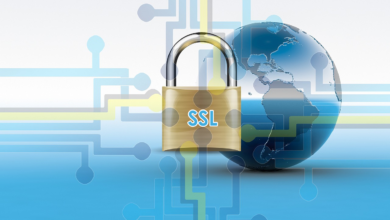Digital Strategy
[Statistics] Top websites in Saudi Arabia (March 2018)
Most Visited Websites in Saudi Arabia - All Categories

Top Websites in KSA
Analyzing performance of top sites in a certain country will provide a general overview of the digital population interests and demands and help digital strategists set strategies to better fit. If you are looking to build a digital marketing strategy in Saudi Arabia, the below list will give you a brief idea of the Top websites in Saudi Arabia (most visited website in Saudi Arabia) in all categories.
Top Websites in Saudi Arabia
| Site | Site Nationality | Daily time on Site | |
| 1 | Google.com |  |
6:28 |
| 2 | Youtube.com |  |
8:12 |
| 3 | Sabq.org |  |
3:40 |
| 4 | Facebook.com |  |
11:03 |
| 5 | Yahoo.com |  |
3:57 |
| 6 | Live.com |  |
4:03 |
| 7 | Argaam.com |  |
12:38 |
| 8 | Twitter.com |  |
6:24 |
| 9 | Hawaaworld.com |  |
1:52 |
| 10 | Wikipedia.org |  |
4:15 |
| 11 | Souq.com |  |
6:23 |
| 12 | Moe.gov.sa |  |
13:26 |
| 13 | Blogspot.com |  |
2:39 |
| 14 | Moi.gov.sa |  |
8:40 |
| 15 | Ajel.sa |  |
3:54 |
| 16 | Instagram.com |  |
5:27 |
| 17 | almubasher.com.sa |  |
9:02 |
| 18 | Starzplay.com |  |
1:24 |
| 19 | 3sk.tv |  |
3:39 |
| 20 | Mawdoo3.com |  |
3:17 |
With CIATEC help, your site will have a better chance to make it to the top 20 websites list, contact us here to know how.
Disclaimer:
- Top Websites in Saudi Arabia: The sites in the top sites lists are ordered by their 1 month Alexa traffic rank. The 1 month rank is calculated using a combination of average daily visitors and pageviews over the past month. The site with the highest combination of visitors and page-views is ranked #1.
- Duplicate sites such as google.com and google.com.sa are considered as one site.
- Ads service websites such as deloton.com are ignored.






